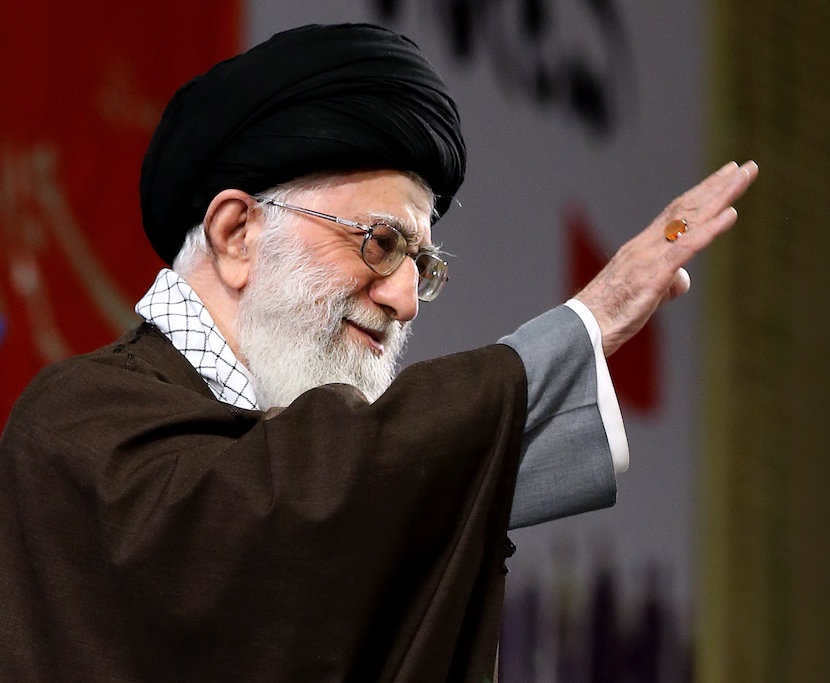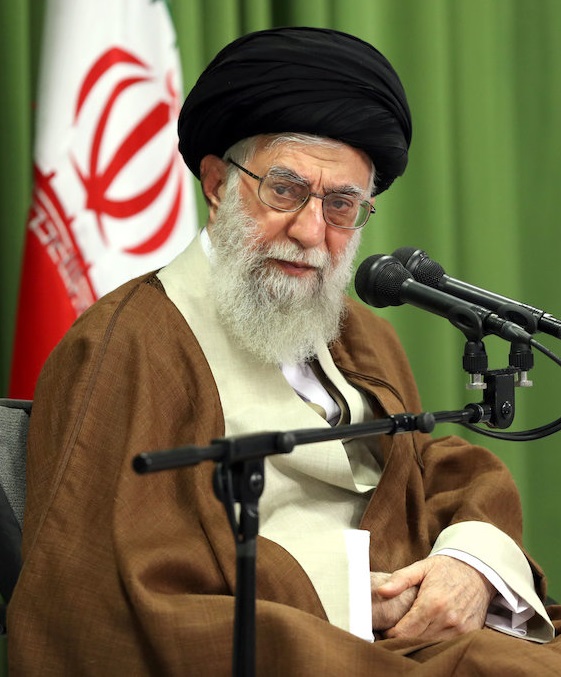IAEA Director General on Iran Nuclear Deal
On November 14, Director General of the International Atomic Energy Agency (IAEA) Yukiya Amano said that Iran is abiding by the nuclear deal’s restrictions and that his agency’s verification measures are strong. “IAEA inspectors now spend around 3,000 days in the field in Iran each year, twice as many as in 2013,” he said at the Harvard Kennedy School in Cambridge, Massachusetts. Amano gave an overview of the Iran nuclear issue from 2002 to the present and detailed the IAEA’s involvement in verifying the Joint Comprehensive Plan of Action (JCPOA).

 On September 25, the Kurdish Regional Government (KRG) in Iraq held a referendum on independence. Nearly 93 percent of 4.5 million voters supported turning the KRG and some disputed areas into an independent state. Iranian leaders were largely critical of the KRG’s decision to hold the vote, saying that it would bring further instability to the war-torn region.
On September 25, the Kurdish Regional Government (KRG) in Iraq held a referendum on independence. Nearly 93 percent of 4.5 million voters supported turning the KRG and some disputed areas into an independent state. Iranian leaders were largely critical of the KRG’s decision to hold the vote, saying that it would bring further instability to the war-torn region. On October 18, Supreme Leader Ayatollah Ali Khamenei condemned President Trump’s policy towards Iran and the nuclear deal as “nonsense.” But he emphasized that Iran will not be the first one to tear up the agreement. Khamenei also expressed frustration with European powers. He urged them to oppose U.S. moves and to avoid interfering with Iran’s defense affairs.
On October 18, Supreme Leader Ayatollah Ali Khamenei condemned President Trump’s policy towards Iran and the nuclear deal as “nonsense.” But he emphasized that Iran will not be the first one to tear up the agreement. Khamenei also expressed frustration with European powers. He urged them to oppose U.S. moves and to avoid interfering with Iran’s defense affairs.